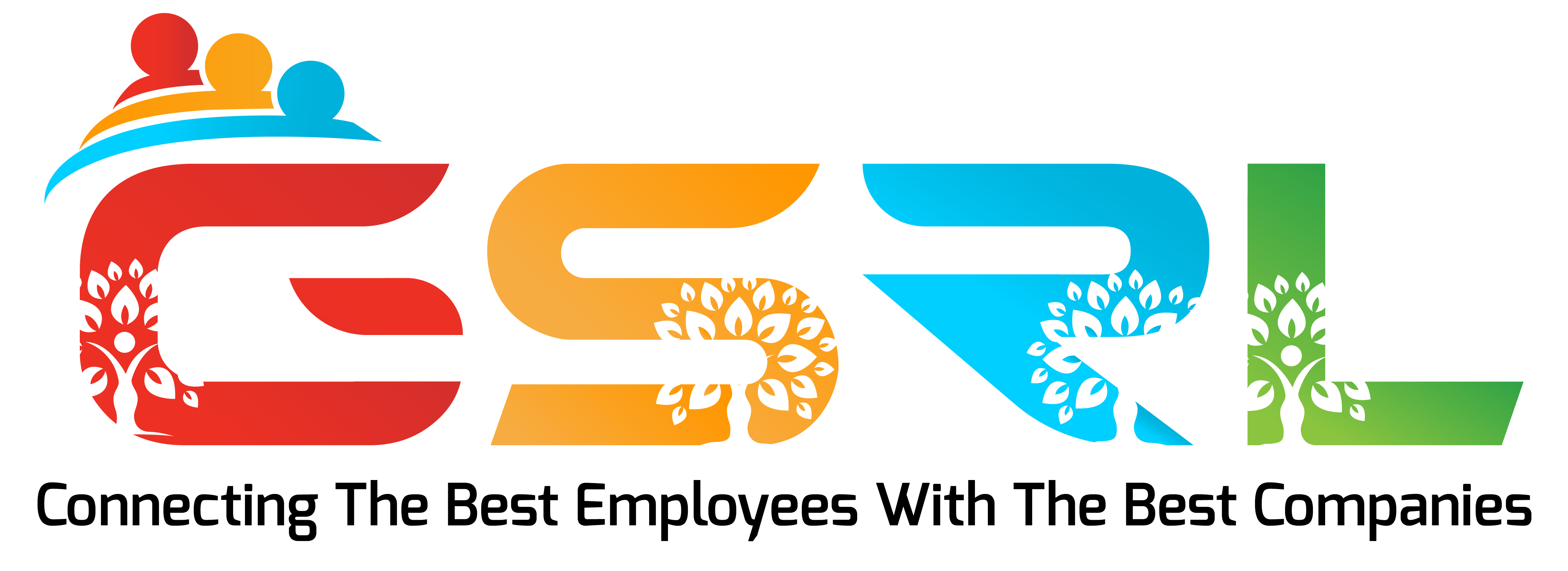
Mental Health Assessments For Special Populations
Add a review FollowOverview
-
Founded Date June 12, 1985
-
Sectors Restaurant / Food Services
-
Posted Jobs 0
-
Viewed 5
Company Description
The 9 Things Your Parents Taught You About Mental Health Diagnosis
Understanding Mental Health Diagnosis: A Comprehensive Guide
Mental health is an important part of general well-being, affecting how people think, feel, and act. Diagnostic processes for mental health disorders can be diverse and highly personalized. This article explores the numerous elements of mental health diagnosis, including evaluation methods, common disorders, and the significance of correct diagnosis and treatment.
What is Mental Health Diagnosis?
Mental health diagnosis describes the process of recognizing and categorizing mental illness based upon signs, behavior patterns, and psychological evaluation. The diagnosis is usually made by a qualified mental health professional, such as a psychologist, psychiatrist, or licensed counselor. This process intends to comprehend the patient’s condition completely to provide reliable treatments.

Importance of Mental Health Diagnosis
- Understanding the Condition: Diagnosis helps in understanding the underlying issues triggering distress.
- Treatment Planning: A correct diagnosis allows doctor to customize treatments particularly to specific needs.
- Interaction: It offers a standardized language for healthcare specialists, facilitating collaboration and understanding.
- Access to Resources: Diagnosis frequently opens paths to different healing resources, support groups, and possibly medication if necessary.
- Stigma Reduction: Clear diagnosis can assist lower stigma connected with mental health by cultivating understanding and empathy.
The Diagnostic Process
The process of diagnosing mental health disorders generally includes several stages, which can consist of the following:
- Initial Assessment: This is frequently the primary step where a clinician carries out interviews, discusses providing issues, and gathers pertinent history.
- Standardized Screening Tools: Many mental health specialists use validated questionnaires to assess symptoms objectively.
- Clinical Observation: Clinicians may observe behaviors, emotional reactions, and interactions in numerous settings.
- Physical Examination: A medical evaluation may be needed to dismiss other health conditions that might contribute to psychological signs.
- Collaboration with Other Professionals: Sometimes consultations with other doctor can offer a more comprehensive view of the client’s mental and physical health.
Typical Diagnostic Tools
| Tool Type | Description |
|---|---|
| Structured Clinical Interviews | In-depth interviews with standardized questions developed to cover all pertinent areas of mental health. |
| Self-Report Questionnaires | Tools like the Beck Depression Inventory or Generalized Anxiety Disorder 7 (GAD-7) utilized by clients to report their symptoms. |
| Observation Checklists | Clinicians can utilize these to observe particular behaviors in patients, especially in children. |
| Neuropsychological Tests | Evaluate cognitive functions and can help distinguish between numerous mental health issues. |
Common Mental Health Disorders
The following are a couple of often diagnosed mental health disorders:
-
Depressive Disorders:
- Major Depressive Disorder
- Relentless Depressive Disorder (Dysthymia)
-
Anxiety Disorders:
- Generalized Anxiety Disorder (GAD)
- Panic Disorder
- Social Anxiety Disorder
-
Bipolar illness:
- Characterized by mood swings ranging from depressive lows to manic highs.
-
Schizophrenia and Other Psychotic Disorders:
- Hallucinations and deceptions are significant signs.
-
Personality Disorders:
- Examples consist of Borderline Personality Disorder and Narcissistic Personality Disorder.
Regularly Asked Questions (FAQs)
Q1: What are the indications that somebody may need a mental health diagnosis?A1: Common indications include
relentless unhappiness, anxiety, mood swings, withdrawal from social activities, modifications in eating or sleeping patterns, and trouble focusing. Q2: Can mental health disorders be identified without checking out a professional?A2: While self-assessment tools can provide insight, just a certified mental health specialist can offer a formal diagnosis. Q3: What ought to one expect throughout a mental health diagnostic session?A3: You can anticipate an initial interview, conversations about your emotional and psychological state, different assessments or questionnaires,
and perhaps a physical examination. Q4: Are mental health diagnoses permanent?A4: No, mental health conditions can develop gradually. Regular re-evaluation helps to adjust treatment plans as required.
Q5: How does cultural context influence mental
health diagnosis?A5: Cultural beliefs can affect the analysis of symptoms, help-seeking habits, and the stigma connected to
mental health concerns. The Role of Treatment in Mental Health Once a diagnosis is made, the next step is to implement a well-rounded treatment plan that may include the following: Therapy: Options include cognitive-behavioral therapy(CBT),
dialectical behavior therapy(DBT ), and lots of others. Medication: Psychiatrists might prescribe mood stabilizers, antidepressants, or anti-anxiety medications. Lifestyle Changes:
- Incorporating regular exercise, a balanced diet plan, and sufficient sleep can considerably impact mental health. Support Networks: Joining support systemcan offeran excellent platform for sharing experiences and techniques. Mental health diagnosis is a crucial step
- toward understanding and improving the psychological well-being of people. Correct diagnosis ensures that individuals receive customized treatment that
- resolves their distinct conditions. As mental health continues to gain recognition and decrease preconception in society, the processes associated with diagnosis and
treatment will evolve, ultimately leading to better support for those in requirement. By cultivating awareness and understanding, society can much better manage and support mental health challenges.
treatment will evolve, ultimately leading to better support for those in requirement. By cultivating awareness and understanding, society can much better manage and support mental health challenges.


